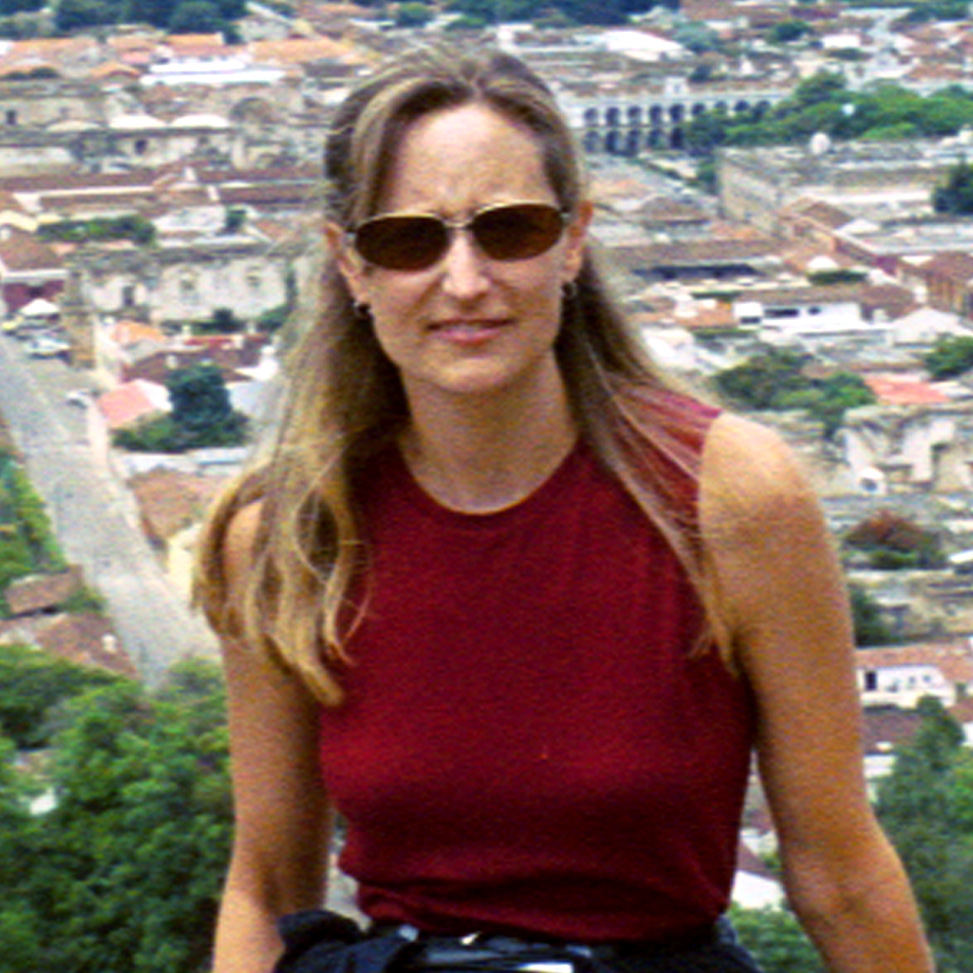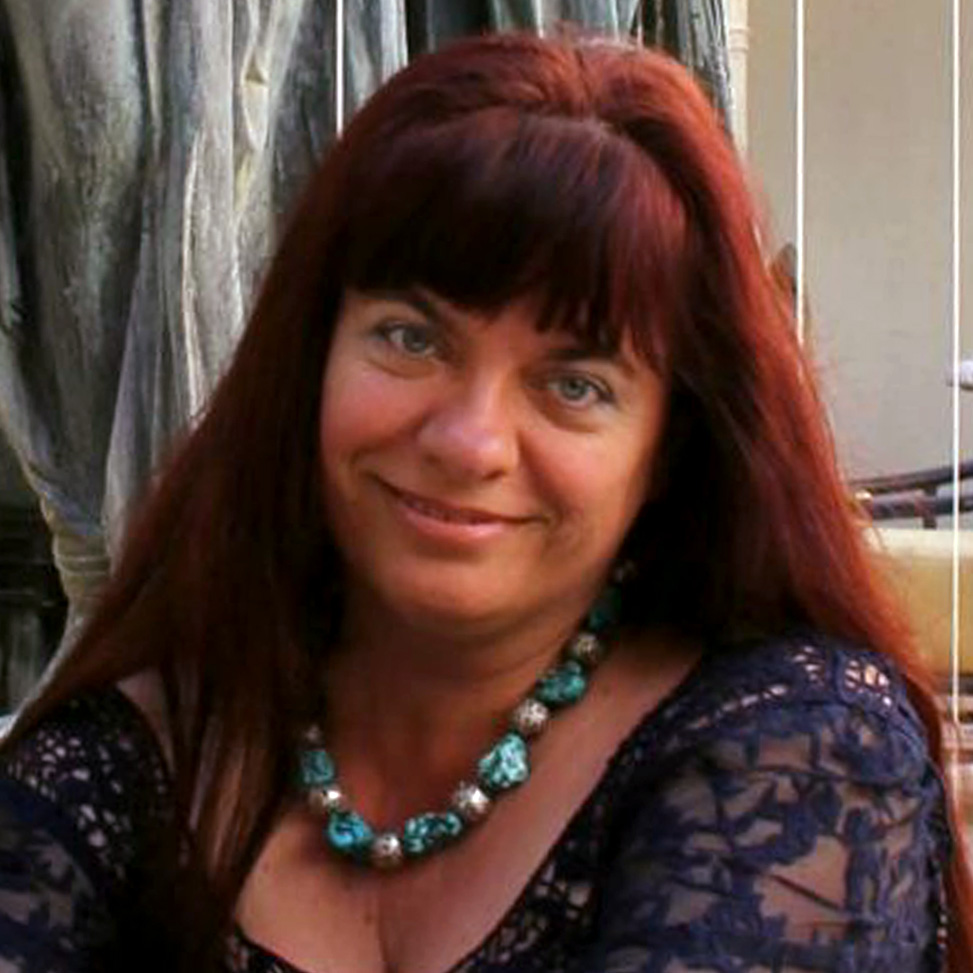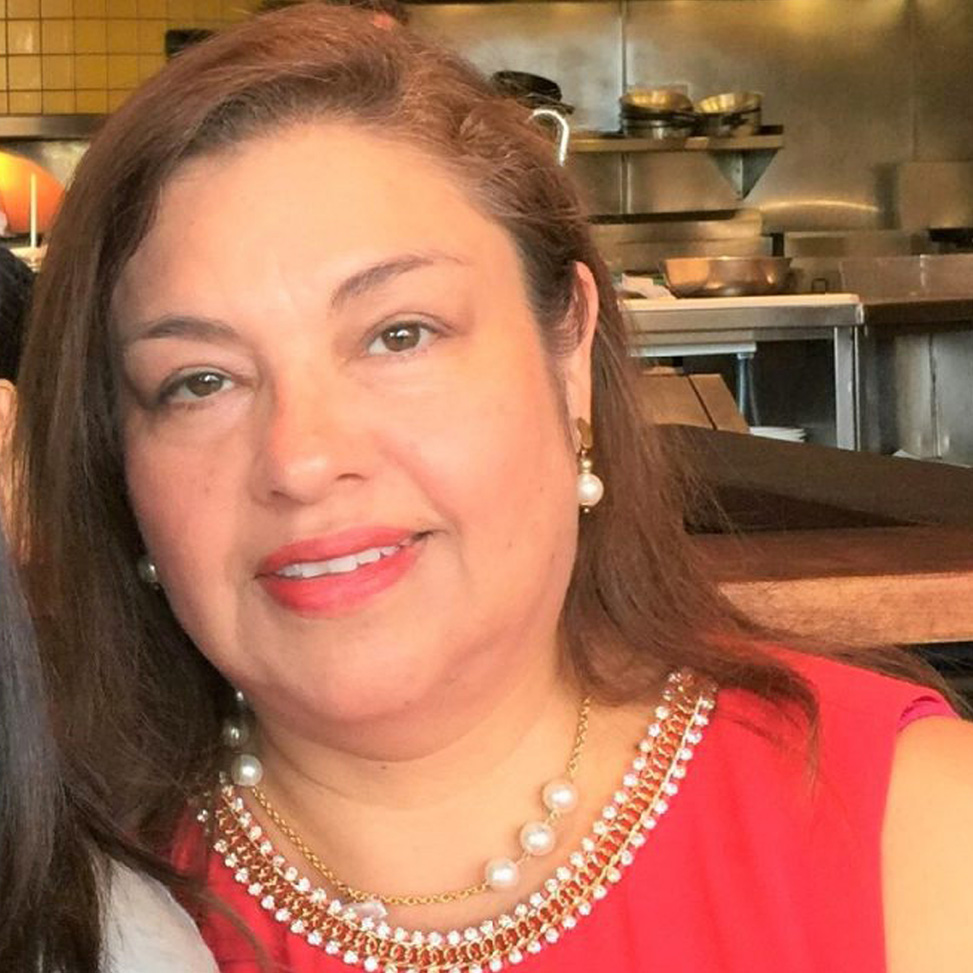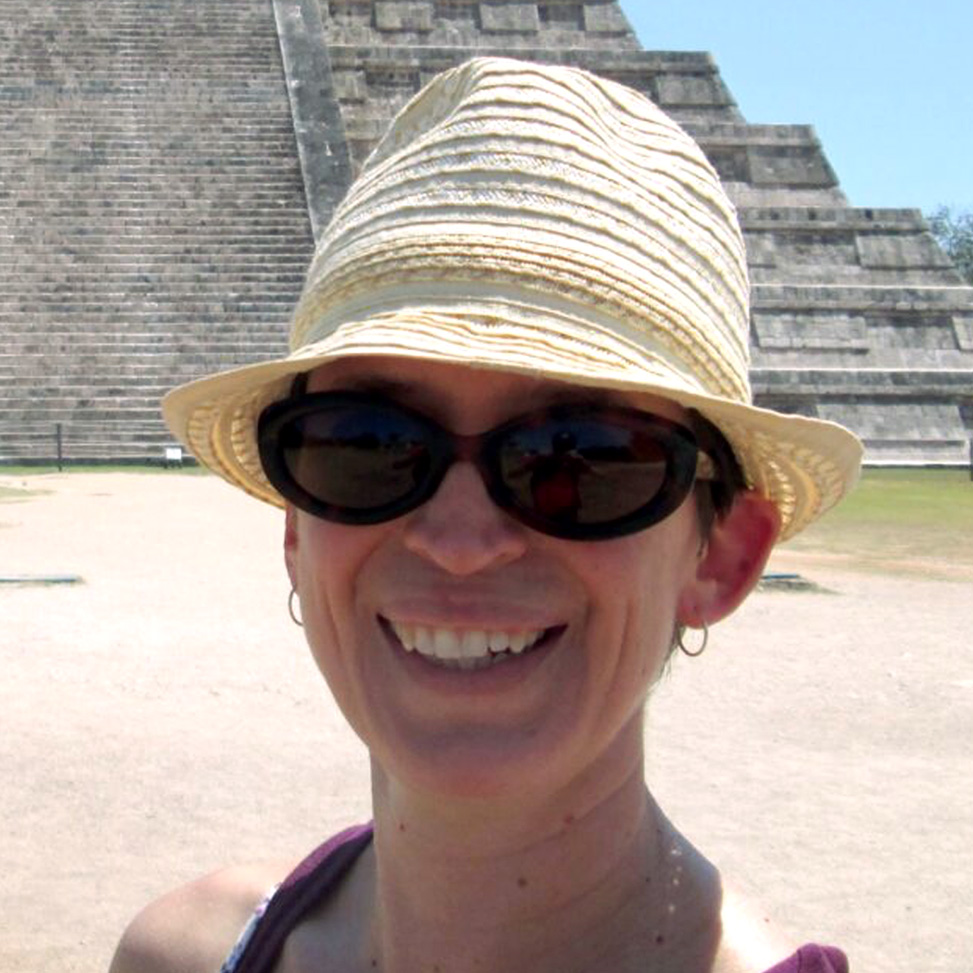SPAN 340
SPAN 340: Iberian Cultural Topics
SPAN 340.002 Iberian Cultural Topics: History of Spanish Art Through Its Architecture
Instructor: Prof. Martha Alexander
This course examines Spanish architecture from its origins to the turn of the twentieth century. In this course we will examine the most important styles of architecture in Spain, including Roman, Visigothic, Mozarabic, Romanesque, Islamic, Mudéjar, Gothic, Renaissance, Neoclassical, Modernism, and Baroque. We examine the evolution of these styles within a trajectory of some of the most important aspects of Spain’s history. Students will develop Spanish vocabulary related to architecture, and they will continue to develop written expression skills, oral expression skills, and comprehension skills both oral and reading. Students will further develop research and analysis skills while completing a research project (Adobe Spark Page) and also shorter essays.
Fall 2023 – SPAN 340.001 Let’s Talk about Food: Cultural Identity in Spain
Instructor: Prof. Cristina Carrasco
This course explores the culinary traditions of Spain and how they are shaped by geography, religion, demographics, and sustainability. Using authentic texts such as interviews, essays, tv shows, newspaper articles, podcasts, and culinary experiences, we will discuss how food affects cultural identity and how Spain’s culinary landscape reflects its relationships with other nations.
Prerequisite: SPAN 261 or SPAN 267
Making Connections Gen Ed: NA
Fall 2023 – SPAN 340.002 Iberian Cultural Topics: Contemporary Spain Through its Music
Instructor: Prof. Abel Muñoz-Hermoso
This course will explore the culture and history of Spain from the end of the 19th century to the present through its musical traditions. Students will learn about different genres and artists that represent specific moments of Spanish history. They will be able to establish connections between the music and the events that motivated the artists to create their work.
Prerequisite: SPAN 261 or 267
Making Connections Gen Ed: NA
Fall 2023 – SPAN 340.003 Iberian Cultural Topics: Regional Identities and Culture of Modern Spain
Instructor: Prof. Adam Cohen
Did you know that Spanish is just one of numerous languages spoken in Spain? While some may consider Spain to be a homogenous country, it is in fact home to a rich variety of linguistic, historical, and cultural traditions. This class will explore Spanish culture through an in-depth examination of how regional identities have evolved from the 19th century to the present. We will pay special attention to Andalusia, the Basque Country, Catalonia, and Galicia. Focusing primarily on literary texts and films, students will study cultural expressions from these autonomous communities while also looking at politics and current events. So too will we consider how multiethnic authors question, assimilate, and adapt these regional identities. This class will equip students with the foundational knowledge and cultural literacy skills to pursue more advanced coursework in Iberian and Hispanic Studies. Class and readings will be in Spanish.
Prerequisite: SPAN 261 or 267
Making Connections Gen Ed: NA
Fall 2022 – SPAN 340.001 Iberian Cultural Topics: Let’s Talk about Food: Cultural Identity in Spain
Instructor: Prof. Cristina Carrasco
This course explores the culinary traditions of Spain and how they are shaped by geography, religion, demographics, and sustainability. Using authentic texts such as interviews, essays, tv shows, newspaper articles, podcasts, and culinary experiences, we will discuss how food affects cultural identity and how Spain’s culinary landscape reflects its relationships with other nations.
Prerequisite: SPAN 261 or 267
Fall 2022 – SPAN 340.002 Iberian Cultural Topics: History of Spanish Art Through Its Architecture
Instructor: Prof. Martha Alexander
This course examines Spanish architecture from its origins to the turn of the twentieth century. In this course we will examine the most important styles of architecture in Spain, including: Roman, Visigothic, Mozarabic, Romanesque, Islamic, Mudéjar, Gothic, Renaissance, Neoclassical, Modernism, and Baroque. We examine the evolution of these styles within a trajectory of some of the most important aspects of Spain’s history. Students will develop Spanish vocabulary related to architecture, and they will continue to develop written expression skills, oral expression skills, and comprehension skills both aural and reading. Students will further develop research and analysis skills while completing a research project (Adobe Spark Page) and also shorter essays.
Prerequisite: SPAN 261 or 267
Fall 2022 – SPAN 340.003 Iberian Cultural Topics: Viva Lorca
Instructor: Prof. Irene Gómez-Castellano
En esta clase estudiaremos en profundidad la cultura ibérica del siglo XX y XXI a través de la figura icónica de Federico García Lorca (1898-1936). Lorca fue un dramaturgo, poeta, dibujante, activista, pianista y director de teatro. Su nacimiento marca, en 1898, la crisis del concepto de España como imperio, y su muerte por batallón de fusilamiento fascista a comienzos de la Guerra Civil Española forma parte del ideario cultural de muchos colectivos políticos de gran importancia en la actualidad, representando los valores de la Asociación para la Recuperación de la Memoria Histórica, ya que su cadáver, enterrado en una fosa común con otros fusilados, todavía no ha sido encontrado. Trataremos todos los aspectos de la vida y el arte de Lorca, dando énfasis a una interpretación personal e individualizada de su figura, relevante a los intereses particulares y diversos de cada estudiante en la clase. En ¡Viva Lorca! celebraremos la figura del granadino y toda la cultura que converge a través de él. Entre las obras que estudiaremos se encuentran El maleficio de la mariposa, Mariana Pineda, Romancero Gitano, Poeta en Nueva York, La casa de Bernarda Alba, Yerma y Bodas de sangre, muchas de las cuales han sido adaptadas a películas que también comentaremos en clase. También estudiaremos sus Sonetos del amor oscuro, unos poemas misteriosos y llenos de pasión donde se describe el amor de Lorca por su amado secreto. Además, Lorca nos permite acceder al arte europeo surrealista y de vanguardia a través de su relación con Salvador Dalí y con el cineasta Luis Buñuel. A través de Lorca, podemos entender los avances científicos en neurología (Santiago Ramón y Cajal) y psicología hechos en el contexto de la Residencia de Estudiantes. Lorca, junto con el compositor Manuel de Falla, es uno de los responsables de la revitalización y el prestigio internacional del flamenco, y gracias a su obra colectivos culturalmente marginalizados como los gitanos y los afroamericanos neoyorquinos recibieron una presencia cultural que abrió nuevos debates identitarios no exentos de polémica. Finalmente, estudiaremos la obra gráfica e ilustraciones de Lorca, que han inspirado a millones de personas a hacerse tatuajes en su nombre. Lorca representa la fuerza del deseo, la pena y el sentido de la dignidad, el orgullo, la libertad y la esperanza.
El curso se evalúa mediante 3 exámenes y 3 proyectos que pueden ser o bien de investigación, o bien de tipo creativo. Se valora la diversidad de acercamientos a la figura lorquiana.
Prerequisite: SPAN 261 or 267
Spring 2022 – SPAN 340.002 Iberian Cultural Topics: Contemporary Spain Through its Music
Instructor: Prof. Abel Muñoz-Hermoso
This course is a panoramic and transatlantic approach to the Hispanic world through audio narratives produced in Latin America and Spain (narrative podcast). It is divided into six units which include history, diversity and culture, migrations, societies and politics, and biographical experiences. The course will provide the students with a better understanding of the history, struggles, politics and believes in which these cultures and societies are founded through individual narratives immersed in a specific historical and social moments and circumstances. The various course materials (podcast and readings) and the projects and activities will promote the student’s critical thinking in front of variety of social and cultural contexts, engaging them in a reflection on the similarities and differences between different countries, cultures and societies, including their own.
Prerequisite: SPAN 261 or 267
Fall 2021 – SPAN 340.001 Iberian Cultural Topics: Spanish Women Writers
Instructor: Irene Gomez Castellano
Este curso está diseñado para ofrecer una introducción a la cultura ibérica (de España) desde la Edad Media hasta el presente a través del análisis de la literatura escrita por mujeres españolas en distintos espacios, épocas y estilos. Además de mejorar sus capacidades de expresión oral y escrita, la/os estudiantes podrán observar procesos de cambio en el modo de representar(se) la autoría femenina y aprender cómo vivían las mujeres en distintas épocas en la Península Ibérica hasta hoy. En la clase hablaremos sobre qué tipos de escritura tenían permitido utilizar o no las mujeres, qué modelos de mujer se valoraban más, qué estrategias de supervivencia usaban las mujeres escritoras en distintos contextos, cómo se oponían al silenciamiento, cómo se relacionaban con su sociedad, cómo expresaban sus deseos y cómo todo ello se relaciona con la historia del feminismo en su búsqueda de la igualdad de derechos humanos entre hombres y mujeres. Estudiaremos tanto autoras canónicas como otras que todavía no ocupan las páginas de las antologías y cuya obra se está construyendo en este mismo momento, como por ejemplo las autoras de cómic actuales. Se contemplarán distintos géneros (poesía, ensayo, narrativa breve, literatura infantil y juvenil, novela, teatro, fotografía y pintura).
Fall 2021 – SPAN 340.002 Iberian Cultural Topics: History of Spanish Art Through Its Architecture
Instructor: Prof. Martha Alexander
This course examines Spanish architecture from its origins to the turn of the twentieth century. In this course we will examine the most important styles of architecture in Spain, including (but not limited to): Roman, Visigothic, Mozarabic, Romanesque, Islamic, Mudéjar, Gothic, Renaissance, and Baroque. We examine the evolution of these styles within a trajectory of some of the most important aspects of Spain’s history. Students will develop Spanish vocabulary related to architecture, and they will continue to develop written expression skills, oral expression skills, and comprehension skills both aural and reading. Students will further develop research and analysis skills while completing a research project (Adobe Spark Page) and also shorter essays.
Fall 2020 – Spanish Women Writers
This course explores the work of the women writers and artists of Spain from the 18th century to the present across different genres such as the visual arts, cinema, popular music, poetry and the novel. Authors will include Josefa Amar y Borbón, Carolina Coronado, Rosalía de Castro, Emilia Pardo Bazán, Mercè Rodoreda, Carmen Laforet, Carmen Martín Gaite, Ana María Matute, Gloria Fuertes, Elvira Lindo, Paloma Pedrero, Rosa Montero, Ana Rossetti, Clara Janés, María Victoria Atencia and Almudena Grandes.
Spring 2020 – Spanish Culture through Music
es una exploración musical de la historia, la cultura y las tradiciones de España desde finales del siglo XIX hasta el presente. Durante el semestre se explorarán los múltiples géneros musicales que han marcado la historia y la sociedad del país. Cuando sea pertinente, se usarán diversos recursos audiovisuales para reforzar los temas estudiados en clase.
Los objetivos de la asignatura son los siguientes:
- Alcanzar unos conocimientos sólidos de la cultura de España a través de su música. Todas las lecciones tendrán, por tanto, un alto contenido histórico, esencial para comprender la música española.
- Desarrollar un entendimiento de la diversidad y riqueza musical de España.
- Mejorar la fluidez oral a través de la discusión en clase, la interacción con un estudiante en España a través del UNC Course Correspondent y la presentación sobre una comunidad autónoma.
- Mejorar la expresión escrita a través de varios ejercicios (tareas, trabajo de investigación, artículos de opinión…)
Prerequisite: SPAN 261 or 267
Making Connections Gen Ed: NA




